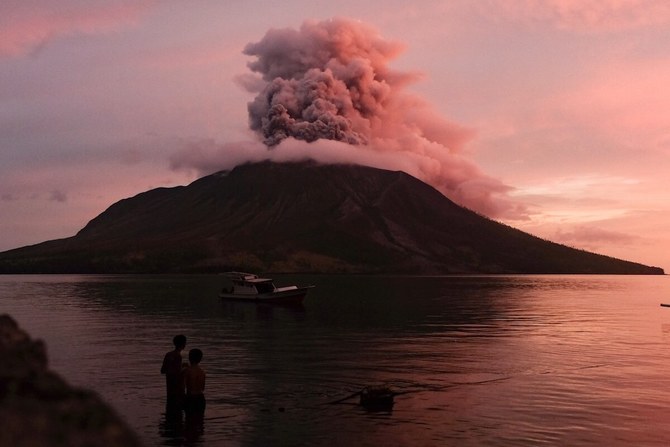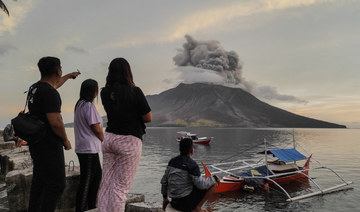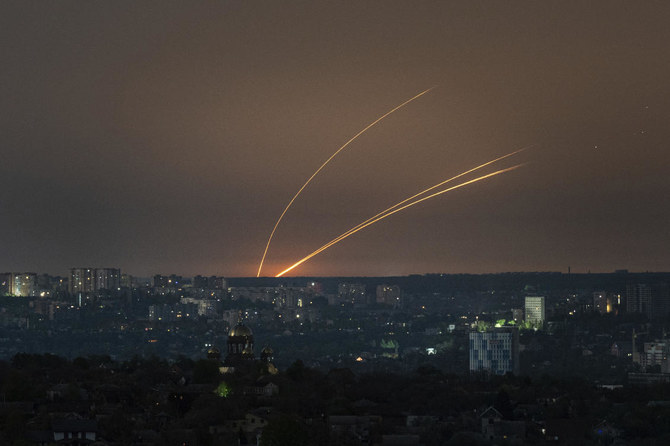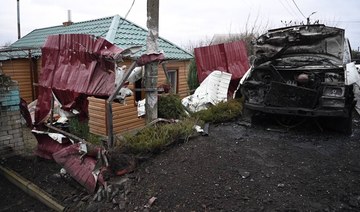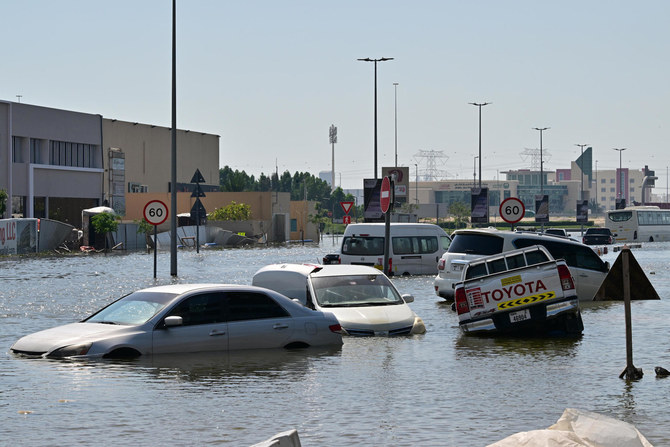Yoshihide Suga secured a majority of votes in the Japanese parliament on Wednesday to become his country’s 99th prime minister.
The 71-year-old leader of the Liberal Democratic Party (LDP) had long been viewed as the front runner to succeed Abe Shinzo, who has been PM since 2012. Abe announced last month that he was stepping down because of health problems related to colitis, an inflammatory bowel disease that he has been living with for some time.
Suga, who was officially elected leader of the LDP on Monday, has been Abe’s right-hand man for nearly a decade, serving as his cabinet secretary. His role became more high profile in April 2019 when he announced that the name of Japan’s new imperial era, which began the following month, would be “Reiwa,” meaning order and harmony. As a result, he earned the nickname “Uncle Reiwa” among the Japanese public.
He also helped Abe to implement “Abenomics,” a series of policies over the past eight years designed to improve the Japanese economy. He held twice-weekly press conferences and managed Japan’s complicated bureaucracy.
Suga inherits a number major challenges, including an economic crisis and the ongoing coronavirus pandemic. He will also be expected to continue the work Abe has done to develop Japan’s foreign policy.
Internationally, he has few close relationships with other world leaders. He admitted during a recent press conference that it will be difficult to match his predecessor’s achievements in building personal relationships of trust with other leaders, but added that such trust-based relationships help countries to develop closer ties.
He is expected to follow Abe’s lead by adopting an objective view on foreign policy and cultivating good relations with Japan’s neighbors, including South and North Korea and China. It is thought he will also continue to strengthen Japan’s relationship with the US.

Despite a lack of relationships with Arab leaders, Suga is expected to maintain close ties with the region for a number of reasons, the most important of which is the oil imports that Japan relies on. Five Arab nations supplied about 95.2 percent of the oil imported by Japan in June, with Saudi Arabia alone shipping 22.9 million barrels, or 39.8 percent of the total.
Suga, who is the son of a strawberry farmer, is known to be pragmatic and a behind-the-scenes deal maker. He entered politics soon after graduating from Hosei University in Tokyo, when he ran for city council in Yokohama, the capital of Kanagawa prefecture. According to biographical information supplied by the LDP, the young Suga lacked any political connections or experience so he campaigned door-to-door, visiting about 300 homes a day — 30,000 in total. He is said to have worn out six pairs of shoes by election day.
Given his background, Suga has the image of a self-made man, in contrast to his predecessor, Abe, whose father was a foreign minister and so had connections to many foreign officials and leaders.
Abe and Suga became close allies over their shared views on the return of Japanese citizens who had been abducted by North Korea in the 1970s and 80s, and the latter supported the former throughout his time as prime minister.
Suga played a key role in some major international trade achievements along the way, including with the EU, and helped Abe open up Japan’s food market to more foreign products.
His own planned policy initiatives including a restructuring of major regional banks to help relieve their burdens of debt, and a reduction of mobile phone charges.
According to Japan’s Mainichi newspaper, Suga is a workaholic. His daily routine reportedly includes a 5 a.m. wake-up call, followed by an hour catching up with the daily news and then a 40-minute walk. He also does 100 sit-ups.
He is at his office by 9 a.m. and remains there until late in the evening. He then meets politicians or academics over dinner to discuss policies and get their views.
Outside of work, he likes to take his aides out for pancakes on occasion, as he is known for having a sweet tooth.






